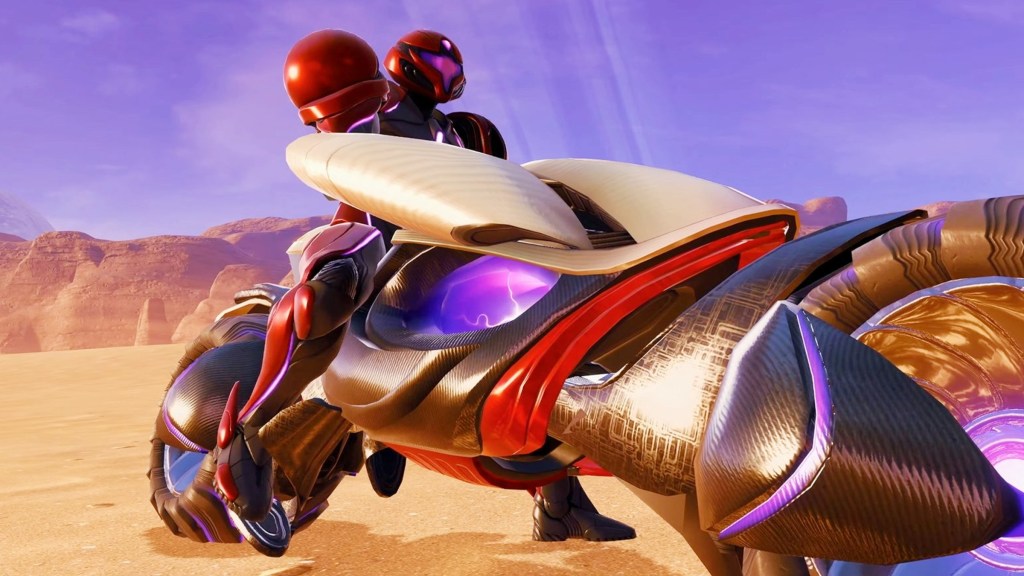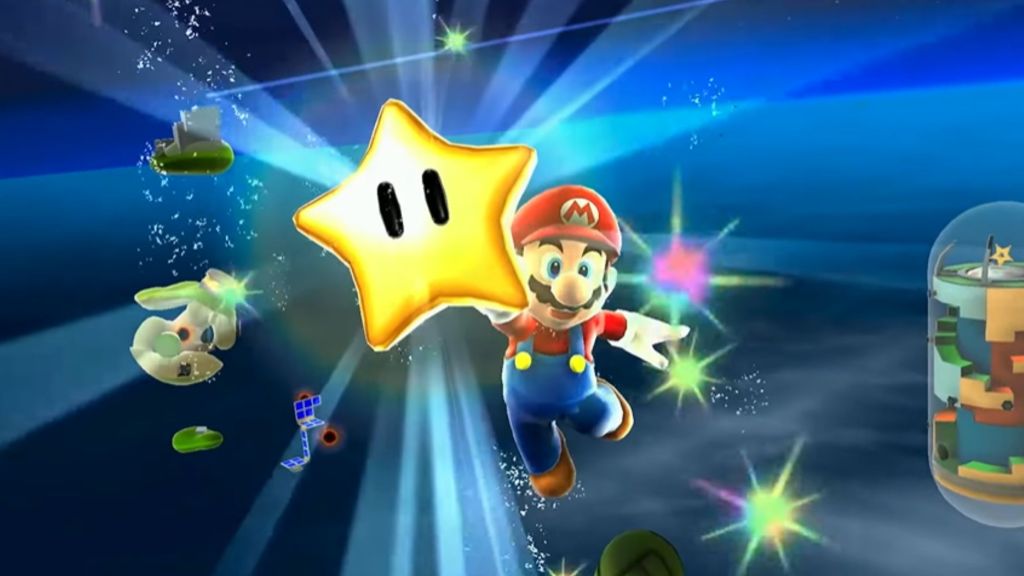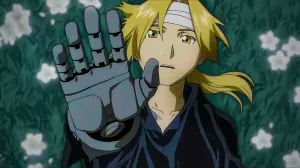Nintendo has long been known as a studio that excels at delivering fun and polished titles above all else. From the tight platforming of Super Mario Bros. to the intricate dungeons of The Legend of Zelda, the company has thrived by focusing on structured, carefully crafted experiences. Fans have praised these designs time and time again throughout the years and various releases. However, Nintendo has been chasing a modern trend that has dominated the industry in recent years. Nintendo has seemingly abandoned its philosophy of precision, focus, and charm in favor of open worlds that fail to execute what made the company what it is.
Videos by ComicBook.com
The Legend of Zelda: Breath of the Wild was the first in this development trend, and it was an incredible success. But Nintendo’s attempts to recapture this fire have been heavily criticized. Pokemon Scarlet and Pokemon Violet were buggy messes, and Mario Kart World’s free roam is empty and lacks incentive to explore. Even the upcoming Metroid Prime 4: Beyond, which teased open areas, left fans unhappy with these sections. If Nintendo wants to protect its legacy, it needs to step away from this trend and return to what it does best.
Open Worlds Dilute Nintendo’s Magic

Nintendo’s games have always focused on gameplay first, and this is why they have been so successful. But with recent releases, gameplay has taken a hit with the implementation of open worlds. While Breath of the Wild is an exception, numerous other games fit this description. The Legend of Zelda only succeeded with its open world because it was rebuilt from the ground up with this feature in mind. Other titles have seemingly shoehorned open world into their equation, and it just doesn’t work.
Pokemon Scarlet and Violet are the worst offenders of this open-world dilution. A vast explorable world filled with Pokemon was what was promised, but instead, fans got a buggy mess with performance issues and Pokemon popping into frame. Then there is also the issue of large empty areas and the lack of inhabitable buildings. These titles just felt incomplete and highlight the issues of trying to fit a traditionally linear RPG into an open world.
A more recent example is Mario Kart World’s Free Roam mode. The unstructured open world should have been a dream come true for fans, but it actually revealed how thin and barebones the concept is. The series is known for tightly designed tracks, a feature absent from Free Roam. While there are various missions and ways to play co-op, the experience feels bare bones and boring. Without the intensity of races or the thrill of discovering secrets, Free Roam feels devoid of the Mario Kart magic fans know and love.
And Nintendo seems poised to repeat this issue with Metroid Prime 4: Beyond. The latest trailer revealed a release date of December 4th, but also a new motorcycle mechanic. Something like this should create excitement, but it only made fans concerned. The large open segments looked empty, and both performance and gameplay felt lacking during the trailer. For a series that thrives on interconnected and deliberate environments, these open areas feel completely against the franchise’s identity.
Linear Adventures Are Where Nintendo Truly Shines

Nintendo’s finest achievements consistently emerge from structured, linear experiences with a defined goal. Super Mario Odyssey, while offering semi-open areas, still guides players through carefully crafted challenges. 2D platformers like Donkey Kong Country: Tropical Freeze demonstrate the studio’s mastery of guided linear levels. Even the narratively branching Fire Emblem: Three Houses anchors itself in structured battles and defined routes.
These games showcase Nintendo’s greatest strength in designs where every handcrafted element matters. Mechanics have been polished to the point where each experience happens according to plan. This isn’t possible in an open-world game that introduces filler like vast empty spaces, repetitive tasks, and underdeveloped mechanics. For a company whose brand is joy and polish, tracking down Gimmeghoul coins is about as far from its identity as possible.
Rather than chase trends established by other developers, Nintendo needs to double down on what it does better than anyone else. Structured fun and precise creativity are its hallmarks, not endless maps dotted with markers, and what it should focus on. Nintendo games feel so rewarding to play because of their legacy, but by implementing open worlds, Nintendo is degrading its nostalgic history and gameplay.
What do you think? Leave a comment below and join the conversation now in the ComicBook Forum!








